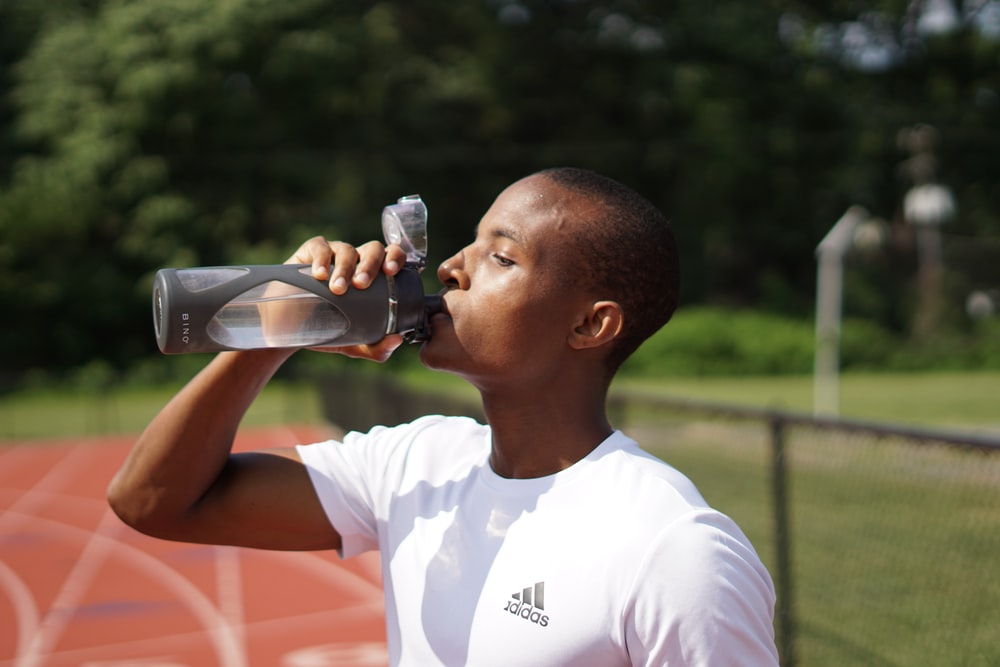What to Drink When You Exercise
We all know that when we work out, it’s important to stay hydrated. But what should we be drinking? Ordinary water, of course, is the classic choice. However we have a huge range of flavored drinks to choose from also. Experts say it all depends on your taste — as well as the length and intensity of your workouts. Here’s a look at how the various drinks measure up.
Flavored or Unflavored?
When really thirsty, the only thing that hits the spot is good old H2O — preferably cold.
The bottom line is hydration.
Are you someone who will drink more if your drink is flavored? Then you’re better off drinking whatever ends up helping you drink more when you exercise.
And how do you know when fluid replacement is really needed?
“Exercising 1.5 hours to three hours is long enough to warrant fluid replacement due to sweat losses,” says Kristine Clark, Ph., FACSM, director of sports nutrition for Penn State University Park. “How much sweat is lost influences how much sodium and potassium are lost.”
The longer you exercise and the more heavily you sweat, the greater the need for a sports drink to help replace these lost micronutrients.
Sports Drinks and Exercise
Basically, a sports drink offers your body three things it might need before, during, or after vigorous exercise:
• Hydration. Its recommended that people drink about 17 ounces of fluid about two hours before exercise, to promote adequate hydration and allow time for the body to excrete any excess water. During exercise, they recommend that athletes start drinking early and at regular intervals in order to take in fluids at the rate they’re losing them through sweating.
• Fuel. The carbohydrates found in sweetened sports drinks provide energy to help delay fatigue. The Gatorade Co. says lab tests have shown that 6% carbohydrate (14 grams of carbohydrate per 8 ounces of water) is the optimal percentage of carbs for speeding fluid and energy back into the body.
• Electrolytes or Minerals. These are things like sodium, potassium, and chloride that athletes lose through sweat. When water goes out of the body, so do electrolytes. And when the body is losing lots of water (as during exercise), it makes sense that you need to replace electrolytes.

